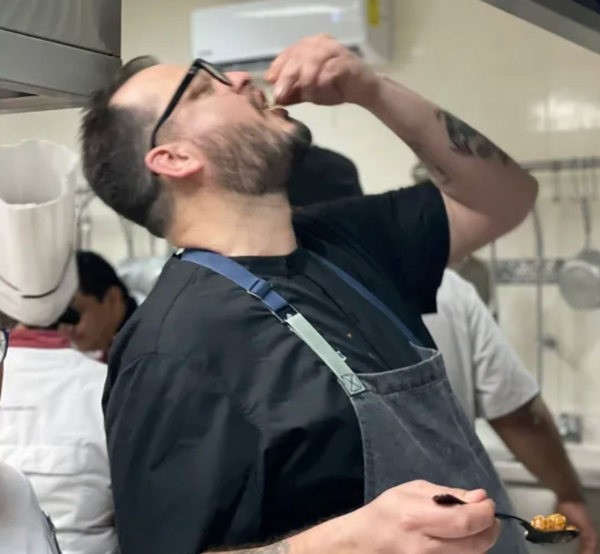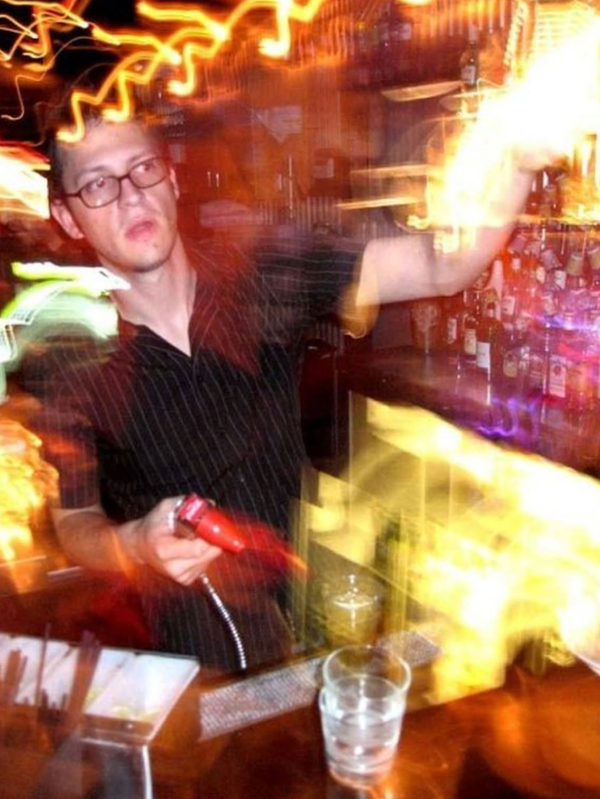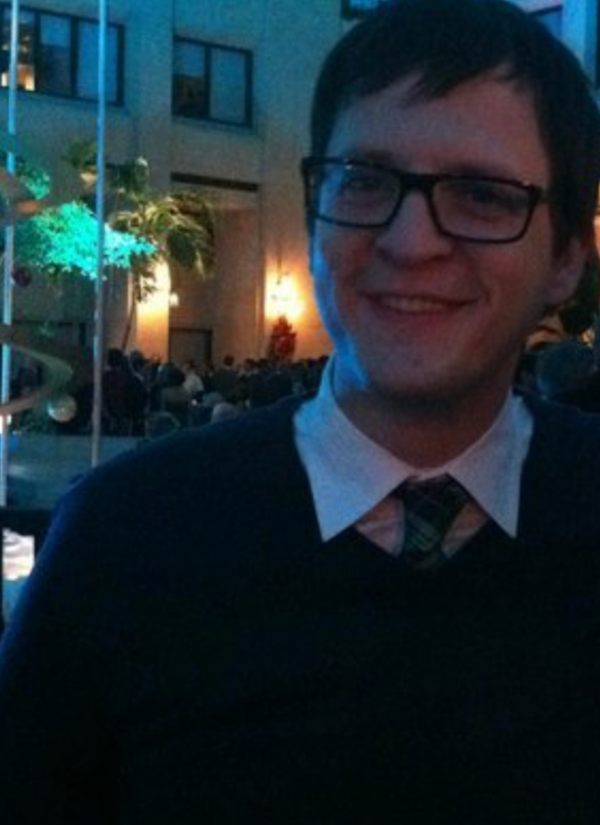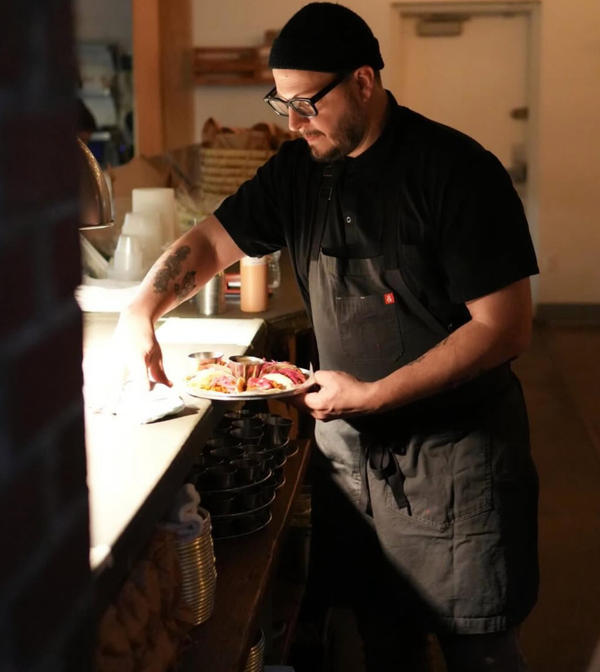The Heat Never Leaves
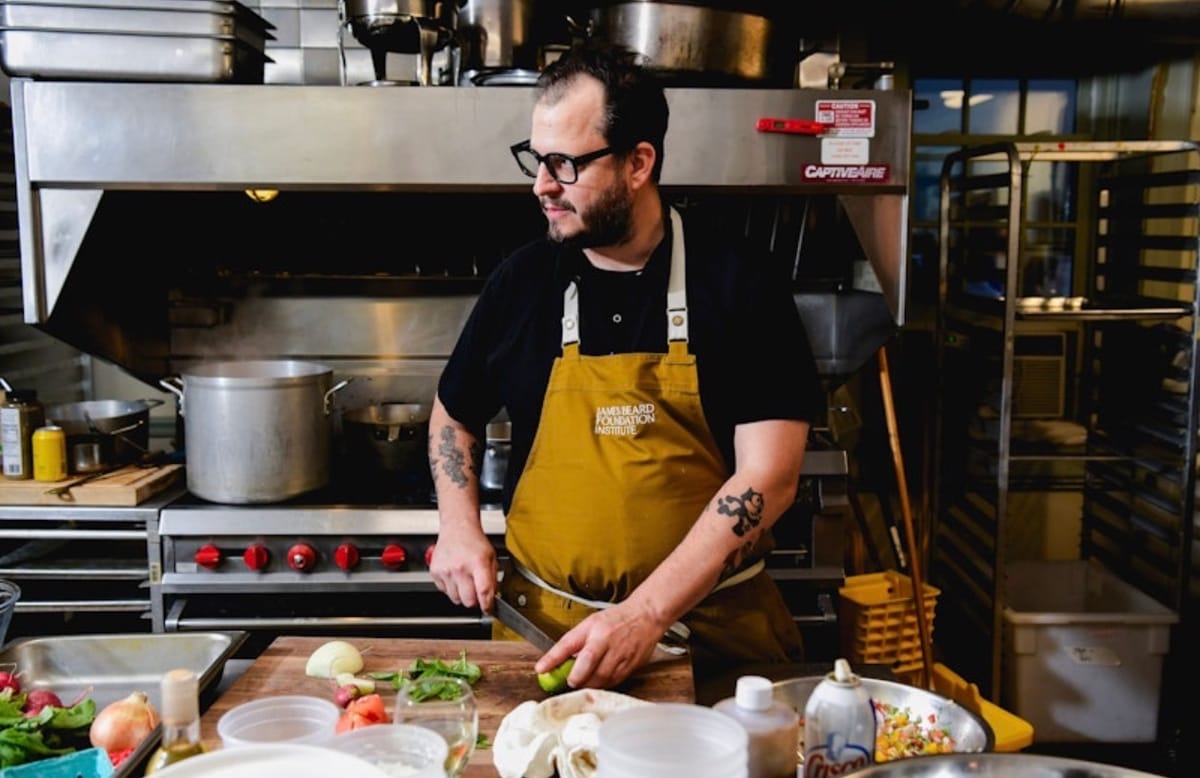
There’s a particular kind of quiet that only happens in a restaurant kitchen after the last plate goes out and the last guest leaves. Quiet. Not peace. Never peace.
More like the silence of something that’s been wrung dry: bodies, minds, towels, pans, patience. The stainless steel still shines with the day’s trails: grease, soot, lime, sweat, victory, adrenaline, frustration.
Everyone’s gone. The lights are too bright. The floor’s slick with cleaning solution and exhaustion. I stand there with a towel on my shoulder, a lighter in one hand and that same thought I’ve had for twenty years: Why the hell do I keep doing this?
The answer changes every night, but it’s always some version of love, atonement and punishment.
There’s a story we tell ourselves in this industry, that we’re addicted to the chaos. It requires a certain level of familiarity with it. Sometimes from our childhoods. Other times from previous chef teams or romantic relationships. The story that the burns and the cuts and the noise make us feel alive. make us feel something. Anything. That we couldn’t do anything else. It’s half true.The real truth is less poetic: we stay because the work teaches us how to live when everything else falls apart.
You can measure your whole life in ticket times. You can track your failures in the smell of over-reduced sauce, burnt corn and smoking out-of-water baines. You can hide your heartbreak in prep lists, schedules, recipes, knife cuts and pan burns.
And if you do it long enough, you start to realize this isn’t just work. It’s a form of penance. A kind of worship. A meditation in motion, masked by profanity, sarcasm and cynicism.
Running this restaurant isn’t always romantic. (Though it certainly has its moments ravaging passion and relentless nostalgia) It’s a hundred fires to put out before noon. It’s the walk-in door that doesn’t seal, the cook who called out, the food critic who’s late for their “anonymous” reservation. It’s the customer who says, “This is too salty,” and you smile because they have no idea how much salt it takes to keep your body moving through thirteen-hour shifts.
But every service, there’s a moment, right in the middle of the chaos where it all slows down. You look around the line, and deep into the dining room and everyone’s locked in. Nobody’s talking. Nobody needs to. The muscle memory takes over. The sizzle, the clatter, the burn, all of it in a perfectly imperfect sync. It’s ugly and beautiful and absolutely alive.
That’s when I remember why I’m still here.
It’s not the ego, or the money (ha!), or the idea of “legacy.” It’s the rhythm. The pulse. The discipline of fire. The same way mezcal burns when it hits the back of your throat; sharp, raw, honest, real.
Tomorrow it’ll start all over again. Tickets, complaints (from the guests and the staff alike), burns, bills, deadlines. But tonight, I’ll stand here in the kitchen, lights too bright, floor too slick, and let the silence soak into my bones.
It’s not peace.
But it’s mine.
La Ofrenda: The Lesson in the Fire
Every kitchen teaches you the same truth: nothing worth remembering comes without a burn scar.
You don’t earn wisdom through calm. You earn it through repetition, mistakes, and a thousand small deaths between prep and plate and service.
And here’s what the fire hides from you until it’s ready to show its hand. Change doesn’t arrive in grand gestures.It creeps. Quietly.It’s the extra second of patience before yelling a ticket. The moment you start cleaning before someone asks. The choice to taste instead of assume.
These small shifts are invisible when you’re inside the heat. You don’t notice them day to day; you’re too busy surviving. But then one night, a year later, you turn around and realize you’ve built something entirely different.The crew runs smoother. The food sings sharper. You move differently. You think differently.
The kitchen’s still chaos. You’re still scarred. But the landscape, both around you and inside you, has changed.
That’s what the fire does.It doesn’t transform you overnight. It seasons you slowly, brutally, beautifully, and the heat never leaves.

